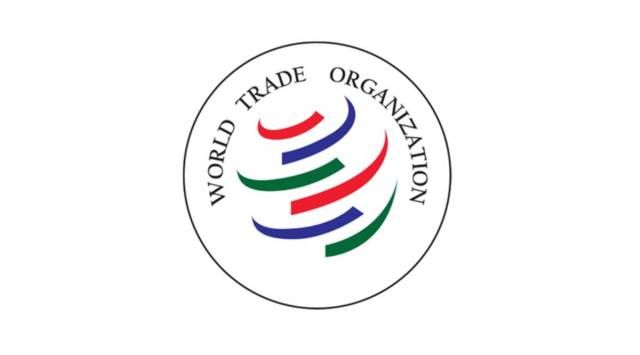India will once again propose at the WTO to exempt developing countries not involved in distant water fishing from overfishing subsidy prohibitions for at least 25 years, as the sector is still in its early stages, an official said on Friday.
J Balaji, Joint Secretary in the Department of Fisheries, stated that at the recent ministerial conference of the World Trade Organization (WTO) in Geneva, member countries agreed to prohibit subsidies for fishermen engaging in illegal, unreported and unregulated (IUU) fishing and overfished stocks.
Countries were given two years to establish the necessary infrastructure to implement the decision. Balaji explained that this was one aspect of the fisheries subsidies agreement reached in Geneva, while the other part on overfishing and overcapacity would be discussed among WTO member countries.
“We will once again request the 25-year exemption,” he told reporters.
Distant water or high sea fishing refers to fishing beyond 200 nautical miles (370 km) from a country’s seashores. India, as a major player in marine fish catch and exports, has small and traditional fishermen. Unlike certain countries like the EU, India provides minimal subsidies to its fishermen.
India believes that countries with developed industrial fishing should take on more obligations based on the CBDR (Common But Differentiated Responsibilities) concept and should prohibit harmful subsidies. WTO negotiations on fisheries subsidies began in 2001 in Doha, with a mandate to clarify and improve existing WTO disciplines on fisheries subsidies.
China, the EU, the US, Korea, and Japan provide significant annual subsidies, while India mainly provides subsidies on fuel and boats, among others.

























+ There are no comments
Add yours